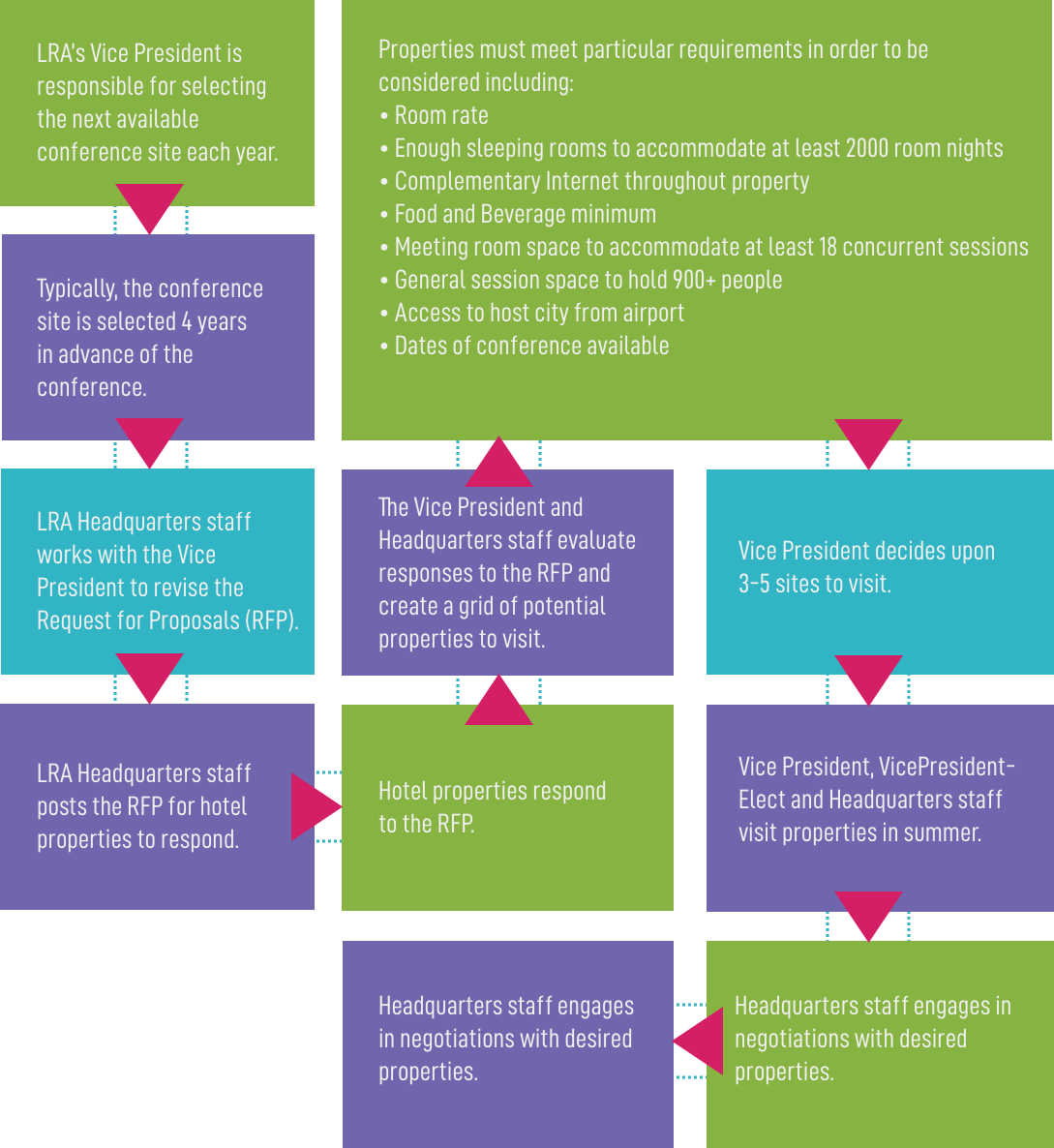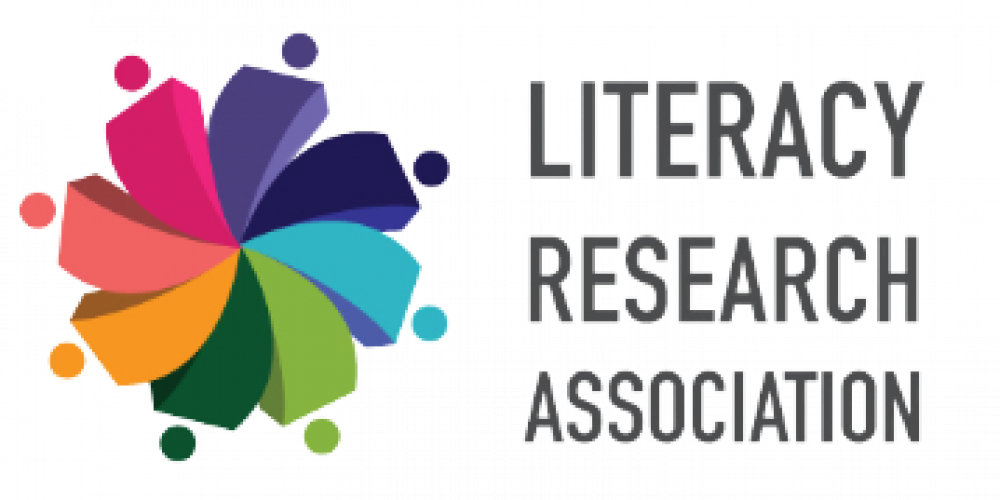
The Westin Peachtree Plaza,
Atlanta GA
December 4 - December 7, 2024
“Never, ever be afraid to make some noise and get in good trouble, necessary trouble.”
Congressman John Lewis
Literacy as an act of power, emancipation, critical thought, and self-agency is in peril. In the 21st century, across nations, there are consistent systemic legislative and political efforts to thwart achievements in literacy research, pedagogical practices, curricula, diversity, equity, and cultural inclusions. Book banning, particularly books written by and about underserved and marginalized groups is unprecedented. And some legislative Bills could expose school districts to litigation and prevent public educators from teaching comprehensive and truthful United States history about racial and gender inequalities in society. The external push to dictate what literacy instruction looks like presents challenges for literacy scholars’ research designs, theoretical perspectives, methodologies, and analyses.
These provocations lack inclusivity and therefore inspire me to include the late Congressman John Lewis’s quote as part of the theme for our 74th annual conference. As a civil rights activist and a ‘doer’ Congressman Lewis once said, “Never, ever be afraid to make some noise and get in good trouble, necessary trouble.” We can each consider actions no matter how big or small to ask: What action(s) can I take? Consequently, we must think about literacy research that raises critical questions to address, investigate, and reflect on the consequences of oppressive versus liberating literacy policies and implementations. What literacy research must we consider to resist and disrupt hegemonic structures that silence some voices while uplifting others? What research questions, design, and methodologies build capacity, agency and sustainable literacy development for our participants and our scholarship?
Finally, how might literacy research—and researchers—empower teachers, students, parents/guardians, administrators, and community members to make ‘good trouble’ and assert our right to engage, appraise, and critique oppressive literacy practices that emerge from politics?
Fenice B. Boyd, Conference Chair
Cynthia H. Brock, Associate Conference Chair






How are LRA Conference Sites Selected?


